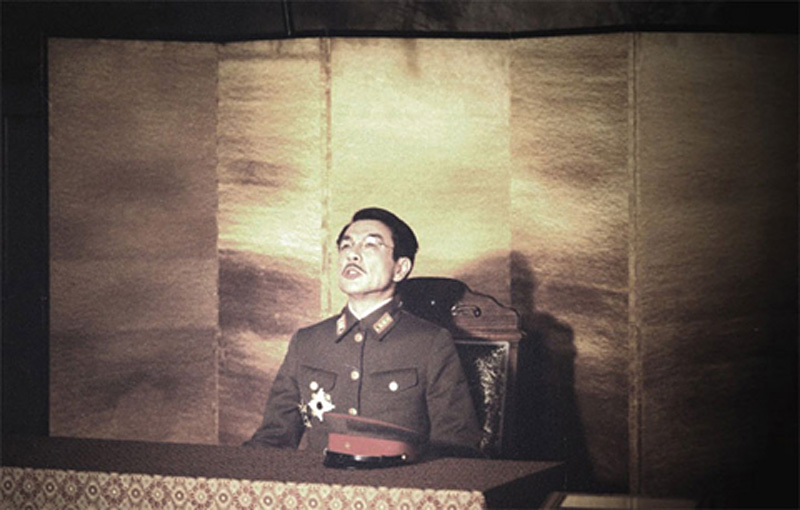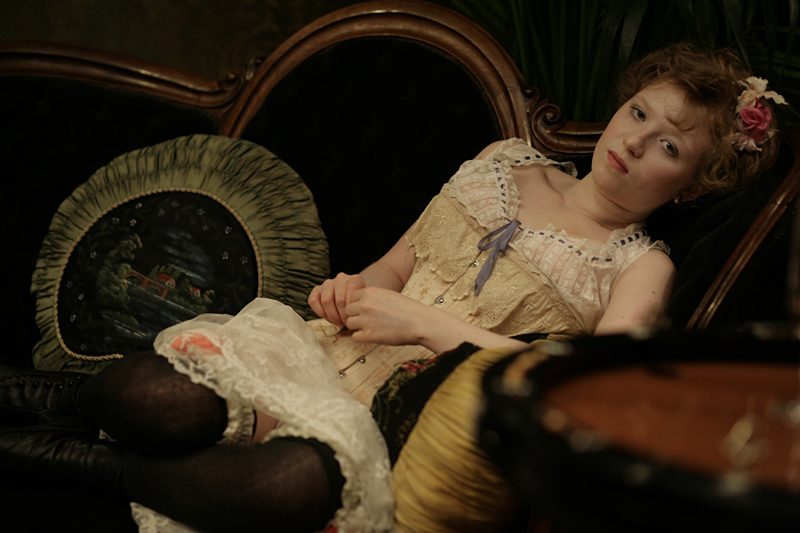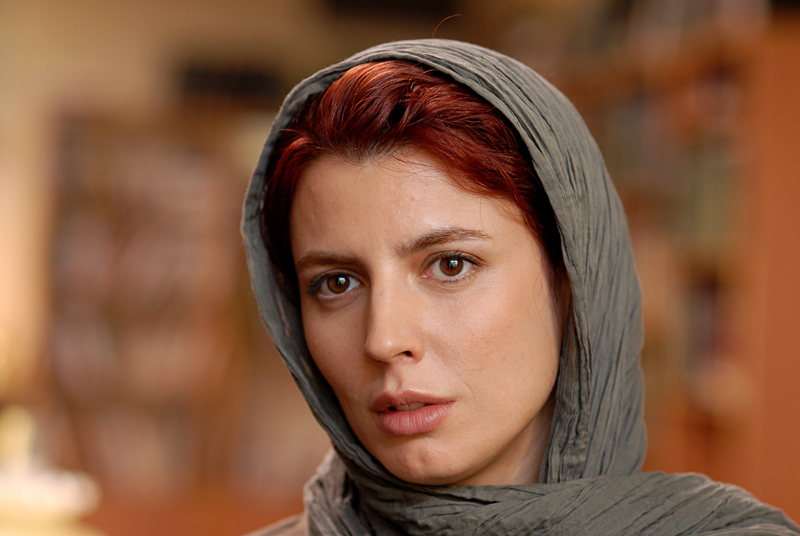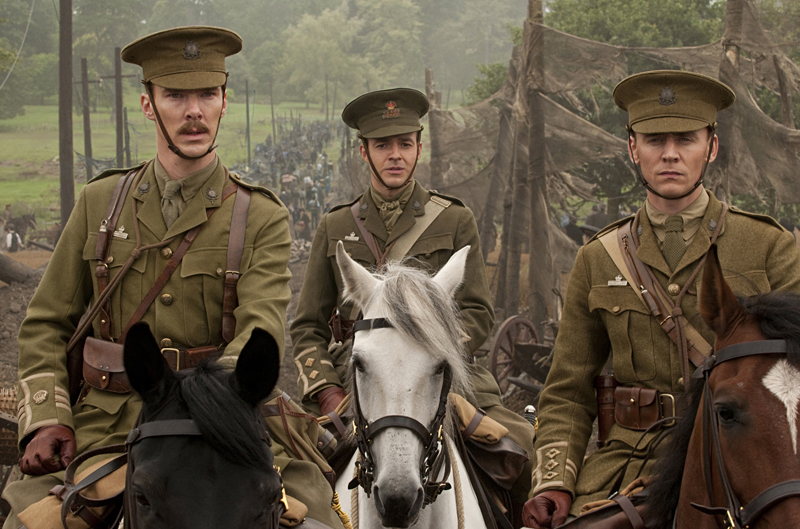The most perverse installment in Aleksandr Sokurov’s dictator cycle, The Sun (2005) follows his meditations on Hitler (Moloch, 1999) and Lenin (Taurus, 2000) with a curiously upbeat portrait of Japan’s last divine emperor, Hirohito, in the immediate aftermath of World War II. Much of The Sun is spent with Hirohito in the bunker, waiting for the Americans. Attended by his chamberlain and a single doddering servant, the isolated, childlike emperor ignores air-raid sirens to work in his lab. He’s a marine biologist who, examining a specimen crab, exclaims, “What heavenly beauty!” Hirohito (Issei Ogata) is himself something of a specimen—a naive eccentric whose distinctive twitch suggests a carp gasping for breath. When it comes to assigning responsibility for wartime atrocities, Sokurov gives Hirohito the benefit of the doubt. Preparing a message for his defeated people (who have never heard his divine voice), he ponders his sacred heritage while leafing through a family photo album and then one devoted to pictures of Hollywood stars. Shall the emperor take his place among them? Though he successfully humanizes Hirohito, Sokurov doesn’t entirely exonerate him. He contrives a shock ending, as measured as everything else in this engrossing, supremely assured movie, that acknowledges one last blood sacrifice on the emperor’s altar.
The Sun: An Oblivious Emperor During World War II








